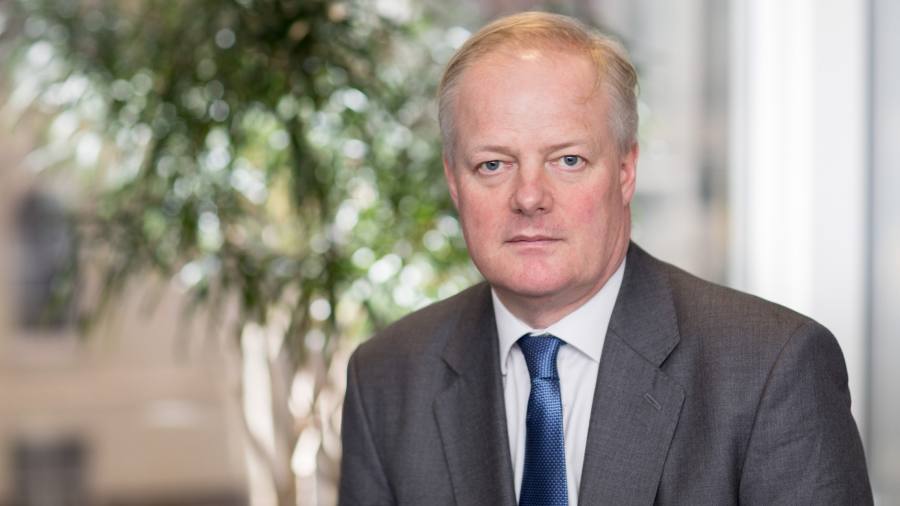
Receive free Melrose Industries PLC updates
We’ll send you a myFT Daily Digest email rounding up the latest Melrose Industries PLC news every morning.
Melrose Industries, the former UK turnaround specialist, has ruled out any imminent deals saying it will focus on building up its booming aerospace business instead.
The company has also announced the departure of its founders, a group of executives who made a string of acquisitions in engineering and manufacturing over the past two decades and built up a loyal following in the City, London’s financial district.
Peter Dilnot, the chief operating officer who will become chief executive next March, said mergers and acquisitions “inbound or outbound” were “not the priority”.
“We’ve got a great opportunity to build this business into a really world class, competitive, UK-listed aerospace business,” he said.
Shares in Melrose rose 8 per cent on Thursday after it increases its annual profit forecast and brought forward the launch of a £500mn share buyback, after a better than expected first-half performance amid a wider recovery in aviation.
Dilnot will take over from current CEO and co-founder Simon Peckham. The departure of Peckham, as well as fellow co-founder and executive vice-chair Christopher Miller, marks the end of an era for the FTSE 100 group, which listed on London’s junior Aim market in 2003 to turn around underperforming industrial businesses with a “buy, improve, sell” strategy.
Following a series of smaller disposals and the demerger of its automotive business, Melrose is now focused on the GKN aerospace operation it acquired as part of its £8bn takeover of the UK engineering group in 2018.
The company is a leading supplier of airframe structures such as parts for wings and fuselages for Airbus and Boeing, as well as making components for the likes of engine-maker Pratt & Whitney.
The group said its adjusted operating profit this year was now expected to be in a range of £375mn to £385mn, an 8 per cent increase on previous forecasts. Revenues were £1.63bn in the first half, up from £1.36bn a year earlier. Aerospace operating profits were £175mn, up from £67mn.
Dilnot singled out the company’s engines business, where operating margins improved by 8.6 percentage points to 24.5 per cent, driven by the recovery in air travel as well as operational improvements.
The company makes components for Pratt & Whitney’s geared turbofan engines, which power Airbus aircraft and some of which have been recalled for early reinspection.
Dilnot said Melrose parts were not directly affected and that the company had limited revenue exposure to the Pratt & Whitney geared turbofan engine programme.